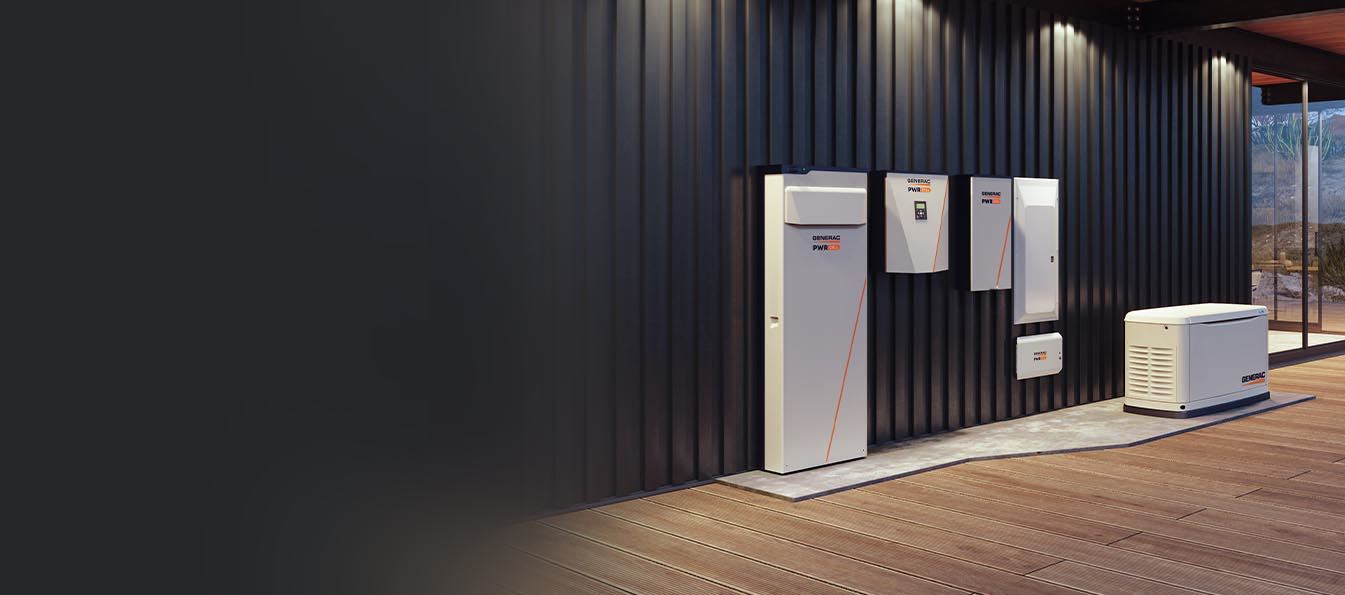In an age of unpredictable weather patterns and frequent power outages, safeguarding your home against unforeseen emergencies is paramount. One such measure gaining popularity is the installation of a standby generator. These reliable power sources can provide peace of mind and ensure that your household remains operational even during extended power disruptions. Let’s delve into why investing in a standby generator is a wise decision for homeowners.
Why Choose a Standby Generator?
1. Continuous Power Supply
Unlike portable generators, standby generators are permanently installed outside your home and are connected to your electrical system. They automatically activate when a power outage occurs, ensuring a seamless transition to backup power without any manual intervention.
2. Uninterrupted Comfort
With a standby generator in place, you can continue to enjoy the comforts of home even when the grid goes down. Essential appliances such as refrigerators, air conditioners, heaters, and lights remain operational, maintaining a comfortable and safe environment for your family.
3. Protection Against Damage
Power outages can wreak havoc on your home’s infrastructure, causing damage to appliances, electronics, and plumbing systems. By installing a standby generator, you can mitigate the risk of costly repairs and potential losses due to electrical surges or fluctuations.
4. Enhanced Security
During power outages, home security systems may become compromised, leaving your property vulnerable to intruders. A standby generator ensures that your security cameras, alarms, and motion sensors remain active, deterring potential threats and safeguarding your home and loved ones.
Types of Standby Generators
1. Air-Cooled Generators
Air-cooled standby generators are compact, cost-effective, and ideal for smaller homes or those with limited space. They rely on air circulation to dissipate heat and are suitable for powering essential circuits during outages.
2. Liquid-Cooled Generators
Liquid-cooled generators are more robust and capable of handling higher power loads, making them suitable for larger homes or commercial applications. They use a liquid coolant system to regulate temperature and can provide backup power for extended durations.
Factors to Consider
1. Power Requirements
Assess your household’s power needs to determine the appropriate size and capacity of the standby generator. Consider essential appliances and systems that require backup power, such as refrigerators, sump pumps, medical equipment, and heating/cooling systems.
2. Fuel Source
Standby generators typically run on natural gas, propane, or diesel fuel. Choose a fuel source that is readily available in your area and consider factors such as cost, availability, and environmental impact when making your selection.
3. Installation and Maintenance
Ensure that the standby generator is installed by a certified professional to comply with safety regulations and manufacturer specifications. Additionally, schedule regular maintenance checks to keep the generator in optimal condition and address any issues promptly.
4. Budget and Financing Options
Evaluate your budget and explore financing options available for purchasing and installing a standby generator. While the initial investment may seem significant, the long-term benefits in terms of convenience, safety, and peace of mind justify the expense.
Conclusion
A standby generator is a valuable addition to any home, providing a reliable source of backup power during outages and emergencies. By investing in this essential technology, homeowners can protect their families, safeguard their property, and maintain uninterrupted comfort and security.
Unique FAQs
- How long can a standby generator provide backup power? Standby generators can provide backup power for varying durations depending on factors such as fuel capacity, load demand, and maintenance. Typically, generators are designed to operate for several hours or days without interruption.
- Can I install a standby generator myself, or do I need professional assistance? It is highly recommended to enlist the services of a certified electrician or generator technician for the installation of a standby generator. Professional expertise ensures compliance with safety standards and optimal performance.
- Do standby generators require regular maintenance? Yes, standby generators require regular maintenance to ensure reliability and longevity. Routine inspections, oil changes, filter replacements, and load tests are essential to keep the generator in peak condition.
- Will a standby generator increase my home’s resale value? While a standby generator may enhance the appeal of your home to prospective buyers, its impact on resale value can vary depending on market conditions and buyer preferences. However, it is considered a desirable feature for homeowners seeking added convenience and security.
- Are standby generators noisy? Standby generators are designed to operate quietly, especially when housed in sound-insulated enclosures. However, noise levels may vary depending on the generator’s size, model, and operating conditions.
